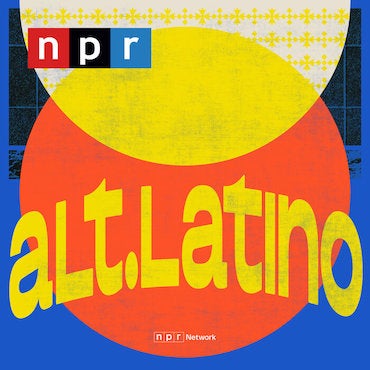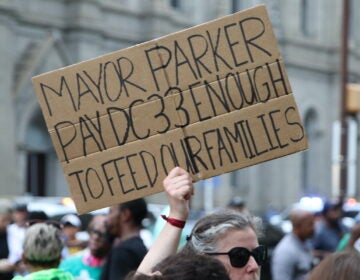Philly zoning proposals address senior issues
When Philadelphia City Council members return to their desks in September, they’ll be greeted with proposed changes to the zoning code–and some new ideas addressing the needs of seniors.
With almost one in five residents older than 60, Philadelphia is a graying city. Allen Glicksman, director of research and evaluation at the Philadelphia Corporation for Aging, has been looking into how and where they live:
“Philadelphia has the highest proportion of older adults of any of the 10 largest cities in the country. And a significant number of those are poor, which means that their choices in terms of housing are somewhat limited,” he says.
Glicksman says, for many, assisted living facilities may not be an option. New regulations on building accessory dwelling units–sometimes called ADUs or in-law apartments–are a change to the code that Glicksman would like to see. By allowing seniors to build these separate apartments, they can live closer to their families or accommodate a caretaker. Or, they move from a home that may now be difficult for them to navigate and downsize.
Critics of the plan say these loosened laws will lead to rental agreements, abuse and parking congestion. Glicksman said he understands those concerns.
“I know that’s been talked about in council. We’re hoping that some amicable solution can be reached for ADUs to remain in the code,” he said.
Other ideas include making it easier for seniors to rent out the upper floors of their homes to generate income, and ensuring that new housing has wide hallways and bathrooms on the first floor.
Eva Gladstein, executive director of the city’s zoning code commission, says the changes will preserve multigenerational neighborhoods, foster independence, and offer alternatives to assisted living facilities.
“It’s so clear to me as I go out to community-based meetings that Philadelphia has a very active population of people who are older,” she said. “I know from my own personal experience that people want to stay in their communities and not have to move out of them.”
WHYY is your source for fact-based, in-depth journalism and information. As a nonprofit organization, we rely on financial support from readers like you. Please give today.




